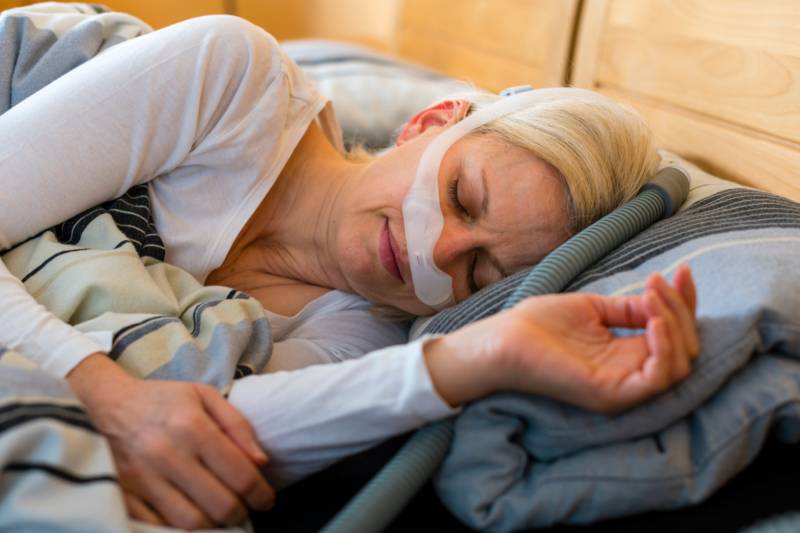Sleep frequently suffers in the rush of contemporary life, where productivity is crucial and time is a valuable resource. People may be jeopardizing their health in an effort to achieve work goals, fulfill personal commitments, and get through everyday obstacles. Recent studies have revealed a potentially alarming link between sleep length and quality and the chance of acquiring cancer in certain circumstances.
Nevertheless, research results are not always definitive, which may be because it is challenging to collect reliable long-term data on sleep.
According to a comprehensive study, those who get little sleep are more likely to develop cancer. Research has revealed that people who slept for less than 6 hours a night on a regular basis, avoided taking naps during the day, and slept for less than 7 hours in total were more likely to acquire cancer. Another shows that 59% of Indians go to bed after 12 pm, which raises concerns because specialists believe that the best time to go to bed is between 10 and 11 pm. People’s sleep patterns are being disrupted by the widespread use of electronic devices late at night and the pressures of a stressful work culture.
Also, given the possible consequences for public health, this link between cancer and sleep is a subject that merits discussion. Circadian rhythms, which are 24-hour cycles, are governed by the body’s internal clock. The development of malignancies, including those of the breast, colon, ovaries, and prostate, has been linked to disturbances in the body’s circadian clock, which controls sleep-wake cycles and a host of other processes. Furthermore, extended exposure to light when working midnight shifts—a typical occurrence for many in today’s hectic world—has been linked to lower levels of melatonin, a hormone that is essential for controlling sleep-wake cycles. Consequently, there’s a chance that this decrease will foster an atmosphere where cancer cells proliferate.
The significance of sleep for the renewal and operation of T-cells, the body’s immunological fighters, extends beyond hormones and sleep-wake cycles. how sleep deprivation affects T-cell activity normally. T cells are essential for the body’s defense against cancer, and both prevention and treatment depend on their functioning at their best.
Guidelines for restful sleep
Seven hours of sleep every day
People should understand that trying to make up for sleep deprivation during the week by working longer weekends may not reduce the risk of cancer and other diseases linked to sleep deprivation. People should make it a priority to follow a regular sleep pattern, trying to get at least seven hours of sleep per night.
Device-free sleeping area
In order to improve the quality of your sleep, create a sleep-friendly environment by making the bedroom a gadget-free zone and reducing screen time before bed.
Steer clear of caffeine
Caffeine consumption should be reduced or avoided, especially in the hours before bed, in order to minimize the possibility of sleep pattern disruptions.
Warm water immersion
Including a warm bath in your nightly routine promotes a relaxing atmosphere that is ideal for restful sleep.
Engagement in Exercise
Better slumber at night is a result of doing aerobic or anaerobic exercise throughout the day.
Get up early in the morning
A healthier sleep-wake cycle is encouraged by coordinating waking hours with the sun. This helps control the body’s natural circadian rhythm.

 Diabetology2 weeks ago
Diabetology2 weeks ago
 Diabetology2 weeks ago
Diabetology2 weeks ago
 Diabetology5 days ago
Diabetology5 days ago
 Diabetology4 days ago
Diabetology4 days ago
 Diabetology3 days ago
Diabetology3 days ago
 Diabetology4 days ago
Diabetology4 days ago
 Diabetology20 hours ago
Diabetology20 hours ago
 Diabetology22 hours ago
Diabetology22 hours ago















